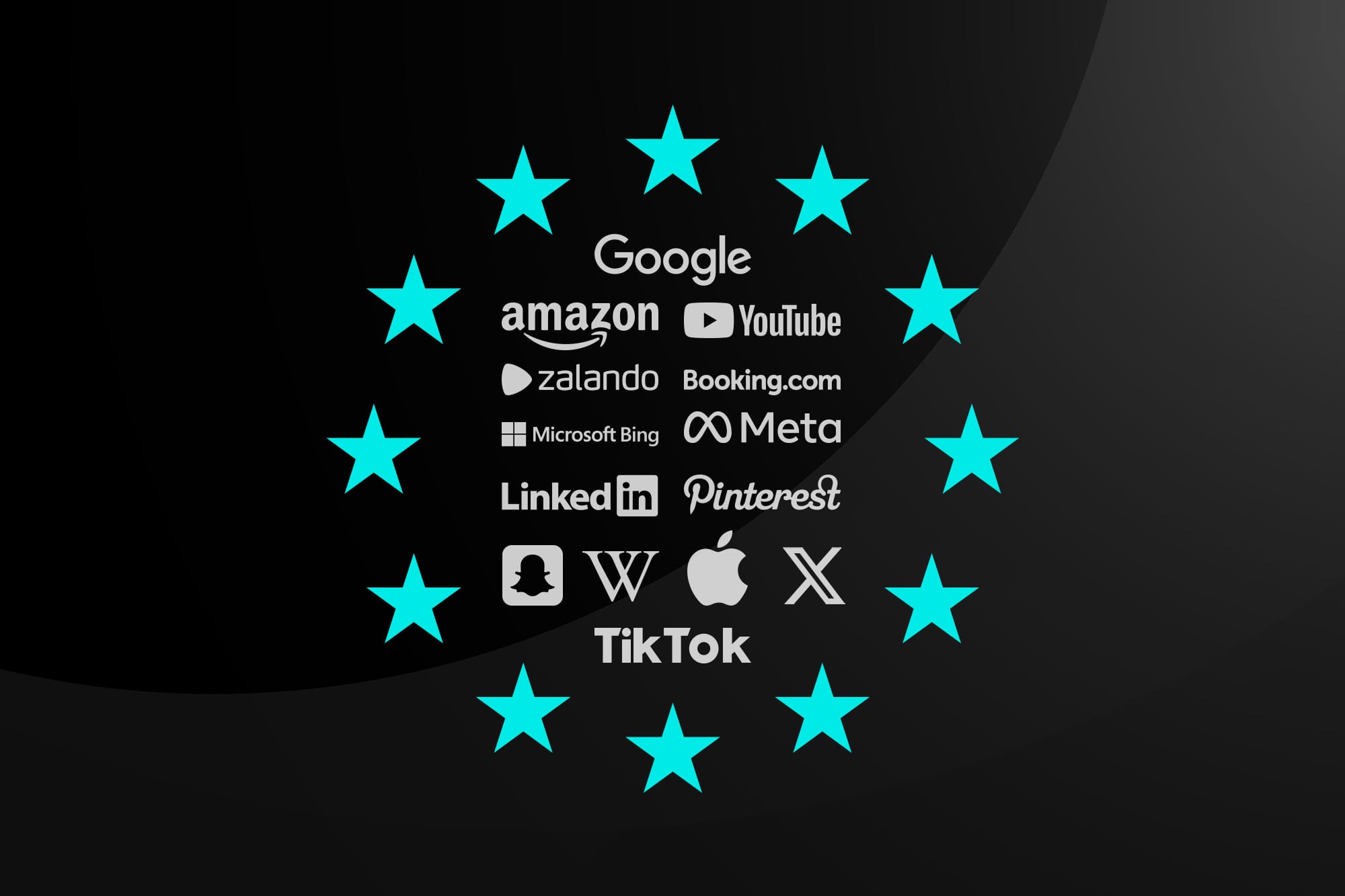A new age of accountability: The Digital Services Act and its implications for Very Large Online Platforms

Follow VerifyMy on LinkedIn to keep up to date with the latest safety tech and regulatory developments.
On August 25, 2023, the Digital Services Act (DSA) came into effect, forcing very large online platforms (VLOPs) and search engines (VLOSEs) – a platform or search engine with more than 45 million users (10% of the European population) – to comply with the DSA obligations. This means major tech companies such as Google, Facebook, Amazon, and others will be legally responsible for the content posted on their platforms.
What is the Digital Services Act?
Passed by the European Parliament in July 2022, the primary objective of the DSA is to create a safer online space for everyone. According to the new regulations, online platforms must establish methods to prevent and take down posts containing illicit goods, services or content while also allowing users to report such content.
The DSA has banned targeted advertising based on a person's sexual orientation, religion, ethnicity, or political beliefs. It has also imposed restrictions on targeting ads to children and requires online platforms to provide more transparency on their algorithms.
Additionally, the DSA has established separate rules for VLOPs. These platforms must grant users the right to opt out of recommendation systems and profiling. They must also share key data with researchers and authorities, cooperate with crisis response requirements, and perform external and independent auditing.
Timeline for Digital Services Act

Which online platforms are affected?
The European Union (EU) has so far identified 19 platforms and search engines that meet this criteria of a platform or search engine with more than 45 million users. Platforms that do not meet the 45 million user threshold for a full year will be removed from the list of designated VLOPs or VLOSEs. However, EU Member States must appoint Digital Services Coordinators by 17th February 2024, when platforms with less than 45 million active users must comply with the DSA rules.
The following are some of the platforms and search engines that fall into this category:
- Alibaba AliExpress
- Amazon Store
- Apple App Store
- Booking.com
- Google Play
- Google Maps
- Google Shopping
- Snapchat
- TikTok
- Wikipedia
- YouTube
- Zalando
- Bing
- Google Search
Although this law was implemented in the EU, it is expected to have far-reaching global implications as online platforms adjust their policies to comply.
What happens if platforms do not comply?
The Digital Services Act (DSA) has established stringent rules for online platforms. Those who fail to comply with the Act may face fines of up to 6% of their global turnover. The EU Commission and the Digital Services Coordinator will have the authority to demand immediate action to address serious harm. If a platform repeatedly violates the DSA, it could face temporary suspension in the EU.
Despite the DSA being in place, some companies are pushing back on the new regulations. Amazon filed a petition in July, asking the EU to reassess its classification as a VLOP, stating that it is being unfairly singled out. Similarly, German retailer Zalando filed a lawsuit against the EU Commission, claiming that it does not meet the definition of VLOP.
Overall, the DSA represents a significant shift in how online platforms are regulated in Europe and has significant implications for VLOPs. Clearly, the EU is committed to ensuring that these platforms operate responsibly, and the DSA will have far-reaching implications for the digital economy and how online services are provided and consumed globally. Perhaps a new age of accountability that has until now been missing has begun.
Find out how VerifyMy can help your business with its Digital Services Act compliance challenges.

